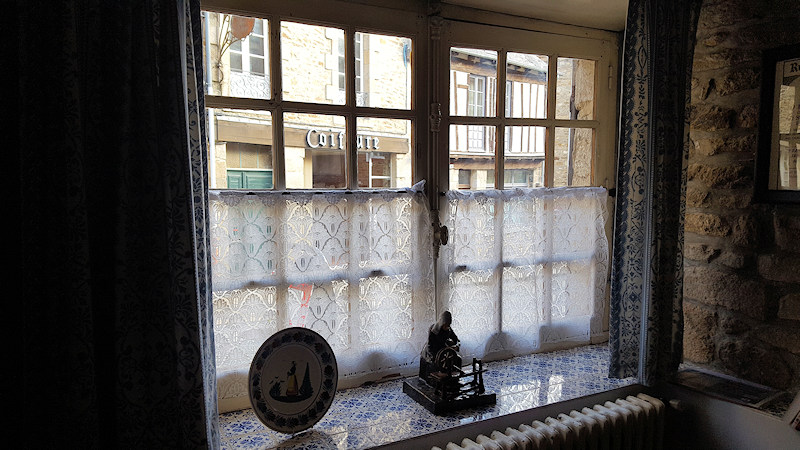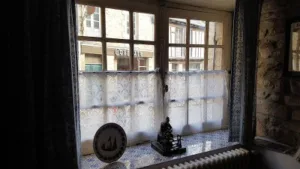
Sorry, we are bit late with the issues this week. It was a very busy week, with the Digital Signage Summit in Munich and it took a bit longer than expected to finalise the report on the Leti Days. That was an unusual report for us – much of it is a little bit off the topic of displays, but it gives, I hope, a sense of the direction of the European semiconductor business and reflects some of the changes that may come about in the EU following the UK’s decision to Brexit. I was also interested in the information about the future development of the energy sector.
International collaboration and trade deals were much in the news this week, with the G20 summit and the announcement of a big deal between Japan and the EU. Now, as far as I can tell, there is no implication for the display business in this trade deal, which does not cover electronics and, especially TVs, where there is still a 14% duty payable, unless you are in Korea, which has a deal signed with the EU which became effective in July 2011 and reduced duties over a six year period to zero now. Of course, you could be in Turkey, which also has a customs deal with the EU and so does not have to pay TV duty.
It seems to me that I have heard few in the UK talk about the deal with Turkey, as a model for a relationship with the EU. There is, after all, a deal that has a customs union and allows the free movement of industrial goods, but doesn’t involve freedom of movement or other political tie-ups. That shows that there is a range of different negotiation positions available, although the deal with Turkey was done at a time when Turkey was on course, albeit a slow course, for an eventual entry into the EU. However, that was receding even before the attempted coup which triggered President Erdogan’s move to reduce democracy and which makes it extraordinarily unlikely that there will be a course for Turkey to join in the future – even if it had the desire any more.
I’ve been keeping away from discussions on Brexit recently, discussing politics can often cause problems, but it’s worth a mention at this time, I think. Following her disastrous election campaign, the UK prime minister, Theresa May, is, to quote senior members of her own party ‘a dead man, walking’. That is to say, to quote another UK phrase applied from time to time, “She’s in office, but not in power”. That is a good thing as May had decided to head for a ‘hard Brexit’, in fear of the right wing of her own party and the threat from the UKIP Brexiteers. Now that threat has more or less disappeared, it’s possible that the Brexit will soften, although the UK negotiator seems wedded to the idea.
However, it may be, and this would be my hope, that the current travails of the two main parties lead to a genuine re-alignment of the UK political system. At the moment, the extreme wings of each of the two main parties (and the UK voting system favours two main parties) are dominant, and yet most people would be happy in the middle ground (at the left end of the right wing Conservatives, or the right wing of the left wing Labour party).
It seems we need a Macron, although it is not obvious where we would find one and without a directly elected President, it’s hard to see how someone would be able to ‘bypass’ the power structures of the existing parties. I have often admired France, its culture, language, food, roads and way of life, but I can’t remember ever admiring the French political system!
Bob
 When I write ‘on holiday’, I like to include a view from my writing window!
When I write ‘on holiday’, I like to include a view from my writing window!

